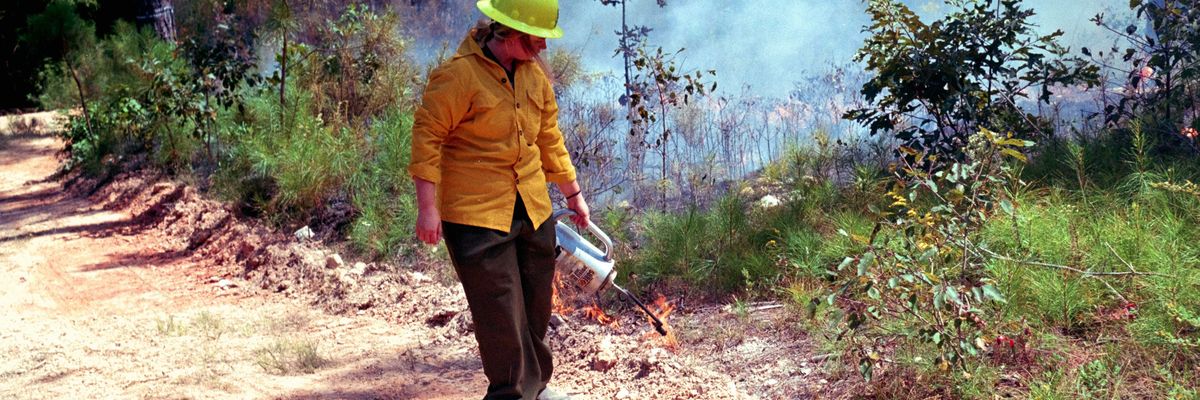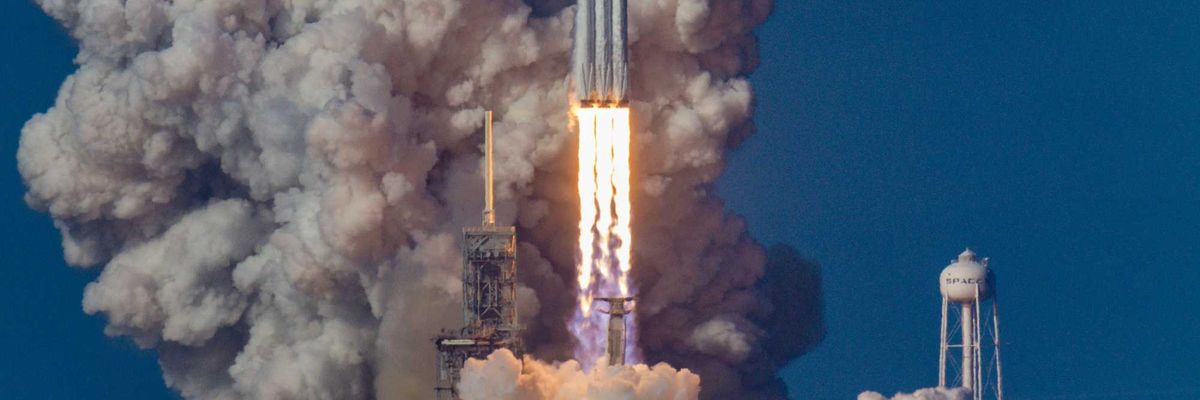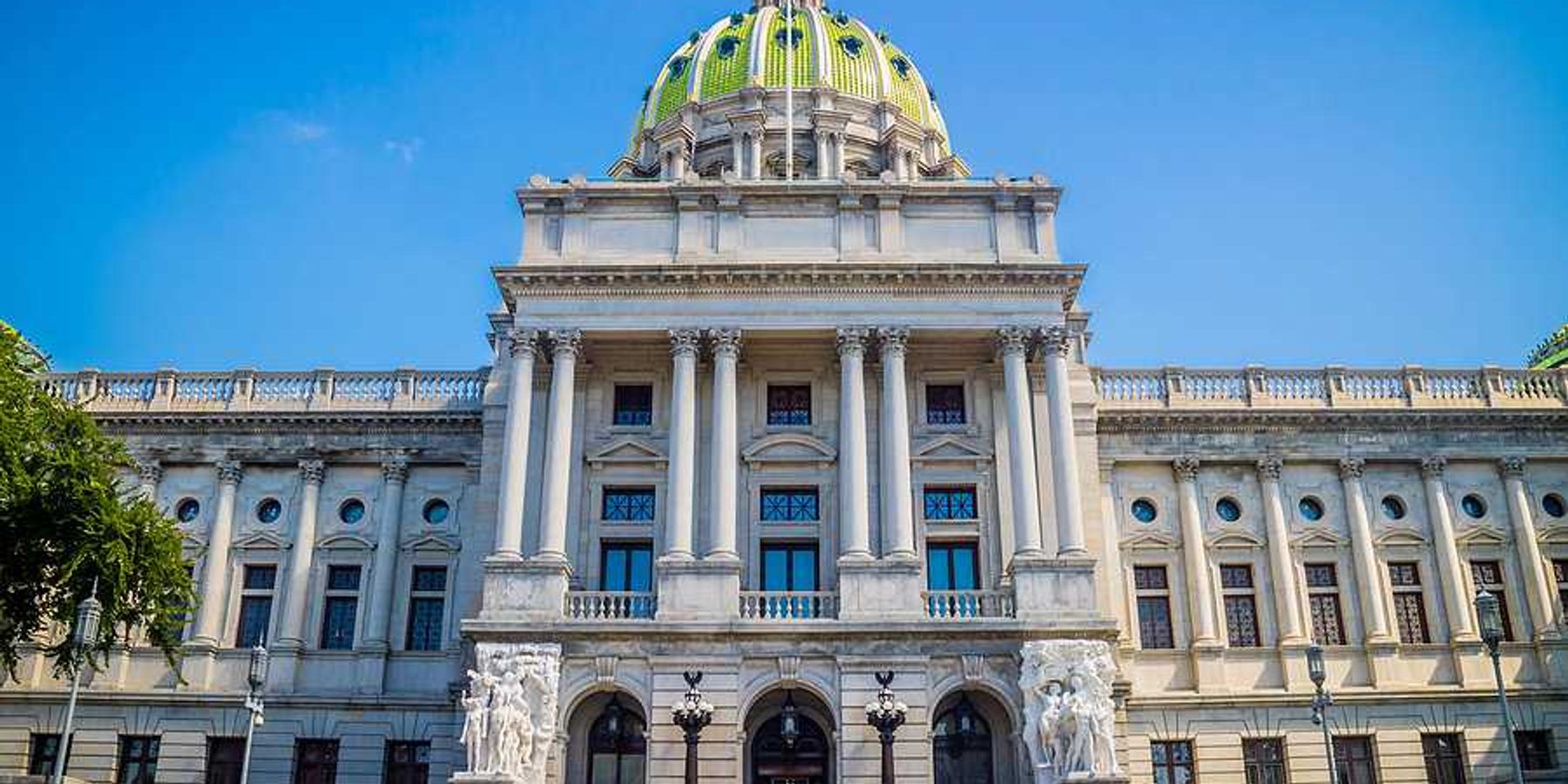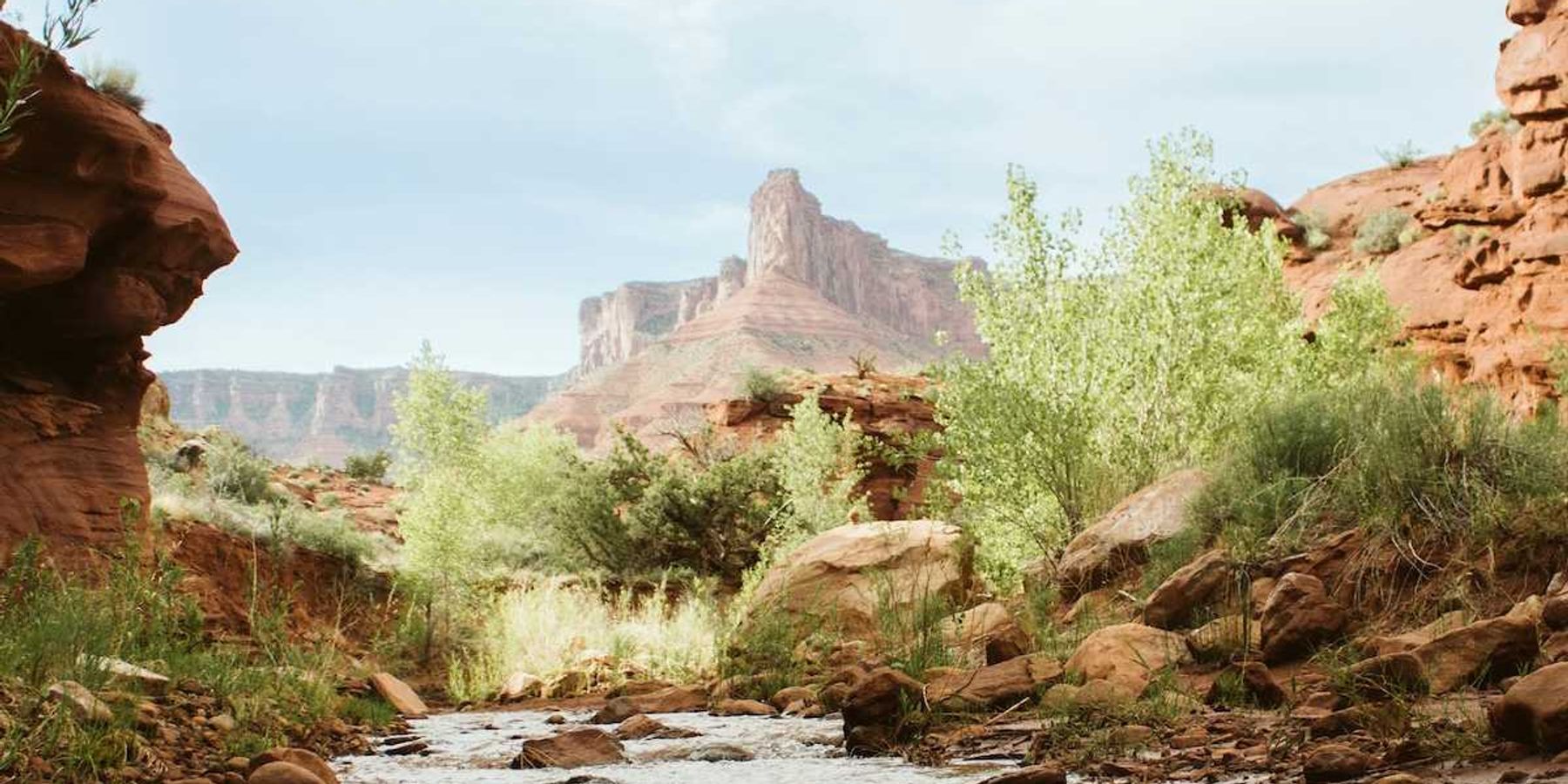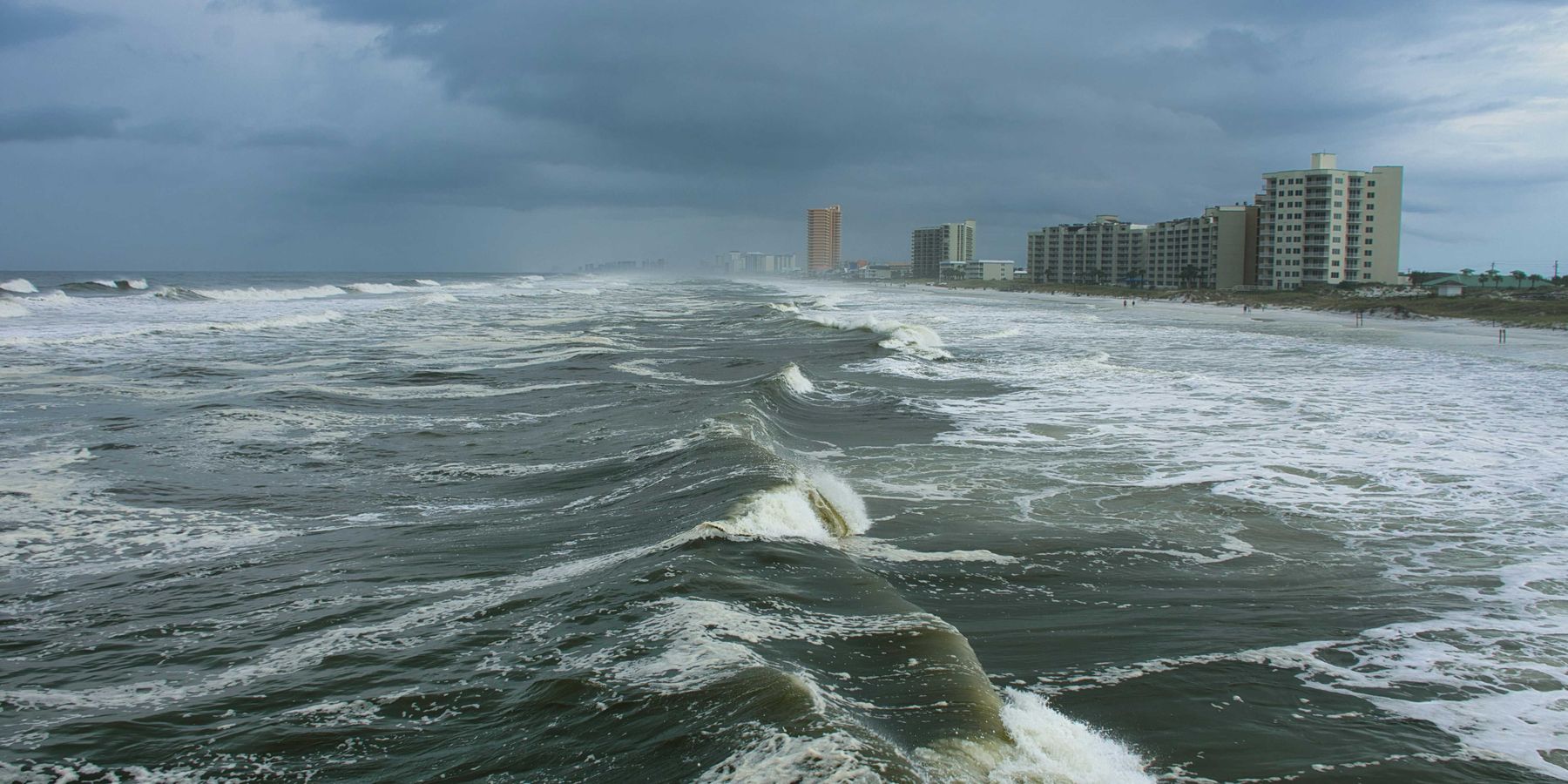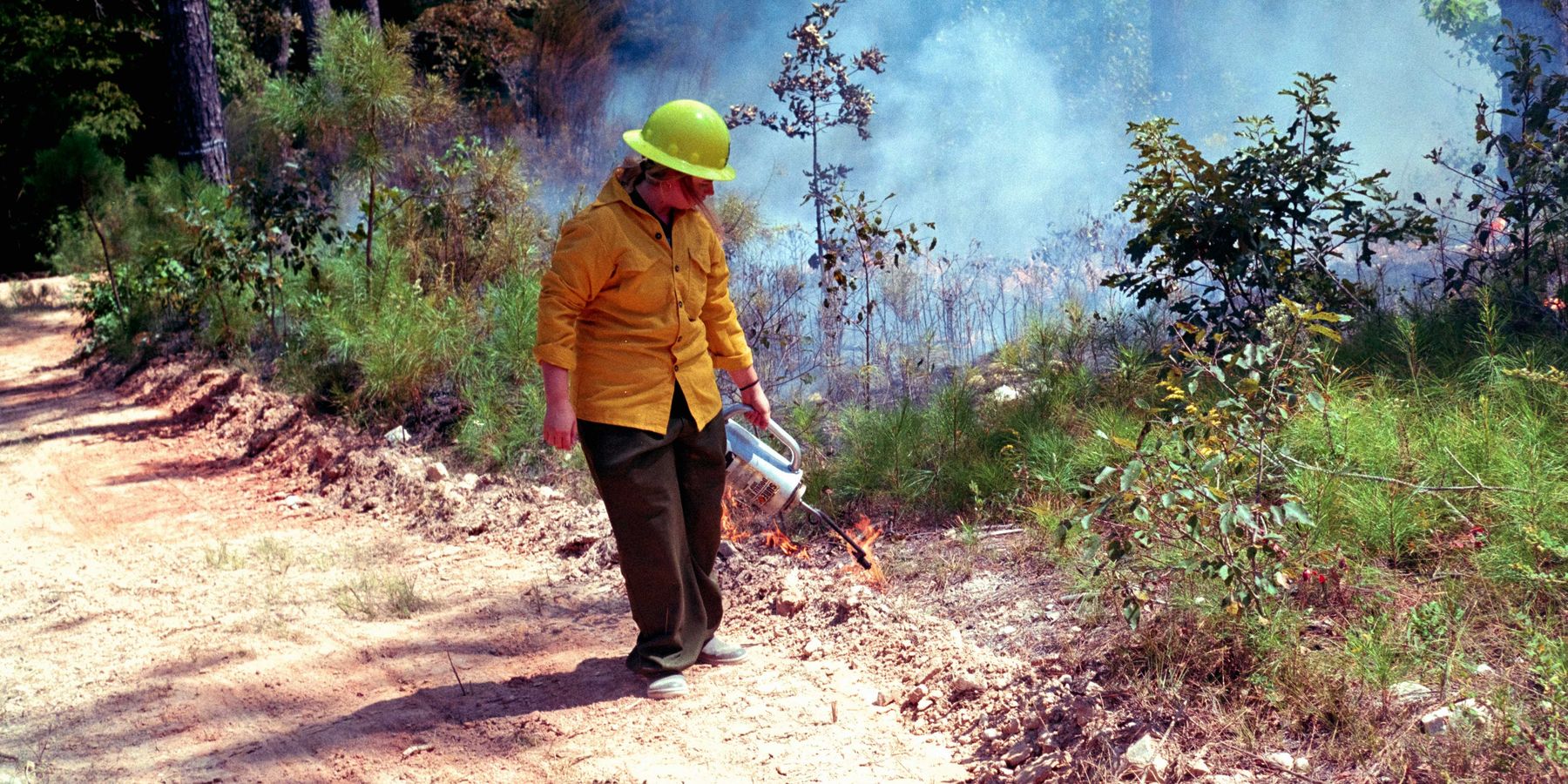culture
Warming waters and overfishing threaten Alaska's salmon and culture
Native Alaskan communities face declining salmon populations due to warming river waters and industrial fishing practices, which disrupt traditional lifestyles and food sources.
In short:
- Rising river temperatures force salmon to migrate north to cooler Arctic waters, impacting the migratory patterns and survival of several species.
- Indigenous communities in Alaska, heavily reliant on salmon for sustenance and culture, are now turning to other food sources due to depleted salmon stocks.
- The combination of climate change and industrial fishing practices, such as bycatch from trawlers, exacerbates salmon scarcity in regions like the Yukon River.
Key quote:
"This will be the fifth year of not fishing. We had a lot of heat stress in 2019. Salmon were floating up dead in the river and we saw salmon divert into cooler streams much more downriver. After that, everything was shut down."
— Eva Dawn Burk, Nenana native Village.
Why this matters:
Salmon scarcity threatens the cultural and food sovereignty of native Alaskan communities that rely on salmon for survival. But this species is not the only one impacted by rising temperatures: a 2024 global study by the World Fish Migration Foundation found migratory freshwater fish populations declined 81% on average between 1970 and 2020. Industrial fishing and climate change require urgent management reforms to preserve these critical ecosystems and cultural heritage.
Related: “We are a salmon people”.
Ending factory farming could mitigate climate change and pandemics
The widespread adoption of factory farming presents significant ethical and environmental challenges, with potential solutions involving cultural, political and dietary shifts to more sustainable food systems.
In short:
- Factory farming harms billions of animals and contributes to environmental issues like climate change and antibiotic resistance.
- Despite efforts to combat it, factory farming continues to expand globally, driven by the demand for cheap meat.
- There is a push for a more sustainable food system that addresses these issues by changing societal attitudes and policies.
Why this matters:
Factory farming is a major source of greenhouse gas emissions, contributing significantly to climate change. By reevaluating our food production methods, we can improve animal welfare and reduce environmental and health risks, creating a more sustainable future.
Related EHN coverage:
Decades of water mismanagement threaten Yaqui culture in Mexico
The Yaqui tribe in Sonora, Mexico faces cultural and environmental devastation as the Yaqui River dries up due to overuse, drought, and dam construction.
In short:
- The Yaqui River, crucial for cultural ceremonies and subsistence, has dried up, impacting plant and animal species central to Yaqui traditions.
- Traditional structures and ceremonial instruments, dependent on riverbank flora and endemic species like the four-mirror butterfly, are endangered.
- The tribe now relies on purchased water and faces health issues from dietary changes due to the loss of their natural resources.
Key quote:
“We are facing a very critical situation of loss of many aspects that have to do with culture. In the way they work the land, the way they eat and also in the way they carry out their rituals.”
— José Luis Moctezuma, National Institute of Anthropology and History
Why this matters:
The loss of the Yaqui River disrupts not only the tribe's daily life but also their cultural heritage, leading to health and ecological consequences. Immediate attention to water management and conservation is important to preserve the Yaqui way of life.
Headstones are restored to Poplar Island after 60 years
Gravestones from Poplar Island were returned after six decades, fulfilling a family's dream and marking a significant historical restoration.
In short:
- Poplar Island in the Chesapeake Bay, once lost to erosion, has been restored using dredged material from shipping channels.
- The Howeth family rescued five gravestones from the island in the 1960s and recently returned them as part of the island’s restoration.
- The gravestones were installed in a prominent location on the island, now serving as a historical marker for visitors.
Why this matters:
The erosion of Poplar Island is a poignant reminder of the urgency to address climate change. Each lost acre is not just land disappearing, but a fragment of history washing away, a community's memory sinking beneath the waves.
Native tribes use controlled burns to save sequoias
In response to devastating wildfires, Indigenous tribes in California have resumed cultural burns to protect ancient sequoia trees.
In short:
- Tribes including the Tule River, North Fork Mono, and Tübatulabal are conducting controlled burns to prevent wildfires and protect sequoia forests.
- These cultural burns were banned in the 19th century but were reintroduced in 2022 after extreme wildfires highlighted their necessity.
- Cultural burns help manage forest undergrowth, preserve sequoias, and maintain Indigenous cultural practices.
Key quote:
"I want to tell the spirit on the other side of the sun to give us power for this burn. Give us a good burn."
— Robert Gomez, chairman of the Tübatulabal Tribe
Why this matters:
Restoring traditional burning practices aids in wildfire prevention and helps maintain the health and cultural heritage of sequoia forests. As climate change intensifies, these practices are could be valuable for forest resilience and community survival.
Young Indigenous voices address climate change at UN forum
Indigenous youth leaders shared their unique challenges and solutions at this year's United Nations forum on Indigenous issues.
In short:
- This year's United Nations Permanent Forum on Indigenous Issues focused on listening to Indigenous youth's interests and concerns.
- The young leaders from across the globe expressed a wide array of concerns, from the dual vulnerabilities of Indigenous and LGBTQ+ communities in Greenland due to climate change to struggles for self-determination exacerbated by external political pressures and environmental concerns.
Key quote:
“When we listen to the land, the land will listen to us. It’s a language. Climate change is creating a language barrier.”
— Jakirah Telfer, representative of the Kaurna peoples in Australia.
Why this matters:
Many indigenous communities rely on natural resources for their livelihoods—such as hunting, fishing and agriculture. Changes in climate patterns can lead to resource scarcity, affect food security and disrupt traditional economic activities.
We need to stop compartmentalizing the environment, family and culture as separate problems, argued Diné researcher Kevin Patterson in this 2023 essay.
Australia and Tuvalu confirm climate and security agreement
Australia and Tuvalu will advance with a landmark security and climate migration pact, ensuring Tuvalu's sovereignty while addressing its environmental challenges.
In short:
- The pact, initially uncertain due to Tuvalu's elections, solidifies with the new government's endorsement.
- It aims to aid Tuvalu in disasters and military threats, ensuring sovereignty in third-party security arrangements.
- Additionally, it permits the annual migration of 280 Tuvaluans to Australia, safeguarding Tuvalu's statehood against climate-induced inundation.
Key quote:
"Australia commits to assist Tuvalu in responding to a major natural disaster, a health pandemic, or military aggression. This is predicated on Tuvalu requesting such assistance."
— Pat Conroy, Australia's Pacific Minister
Why this matters:
This climate migration pact is more than an emergency exit strategy. It embodies a deep, albeit sobering acknowledgment of the stark realities facing Tuvalu due to climate change. While the agreement facilitates a new beginning for some Tuvaluans in Australia, it also raises questions about the preservation of Tuvalu's cultural heritage and identity.
In the U.S.: Poor southerners are joining the globe’s climate migrants.


